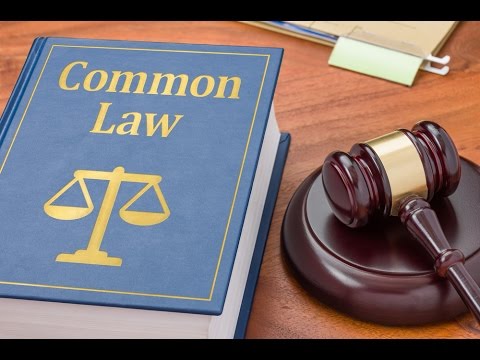“The most successful one party system is disguised as a two party system, giving the people an illusion that they decide” – Stalin
Working-class people are underrepresented in politics. The problem isn’t voters.
Our government is run by rich people — and it benefits them the most.
By Dr. Nicholas Carnes – Oct 24, 2018, 8:00am EDT
The president is the billionaire head of a global business empire, and his mostly millionaire Cabinet may be the richest in American history. His opponent in the 2016 election was a millionaire. Most Supreme Court Justices are millionaires. Most members of Congress are millionaires (and probably have been for several years).
On the other end of the economic spectrum, most working people are employed in manual labor, service industry, and clerical jobs. Those Americans, however, almost never get a seat at the table in our political institutions.
Why not? In a country where virtually any citizen is eligible to serve in public office, why are our elected representatives almost all drawn from such an unrepresentative slice of the economy?
It’s probably worse than you think
This year, it might be tempting to think that working-class Americans don’t have it so bad in politics, especially in light of recent candidates like Randy Bryce, the Wisconsin iron worker running for the US House seat Paul Ryan is vacating, or Alexandria Ocasio-Cortez, the former restaurant server whose primary election win over Democratic heavyweight Joe Crowley may go down as the single biggest election upset in 2018.
In reality, however, they are stark exceptions to a longstanding rule in American politics: Working-class people almost never become politicians. Ocasio-Cortez and Bryce make headlines in part because their economic backgrounds are so unusual (for politicians, that is). Their wins are stunning in part because their campaigns upset a sort of natural order in American politics.
The figure above plots recent data on the share of working-class people in the US labor force (the black bar) and in state and national politics. Even in the information age, working-class jobs — defined as manual labor, service industry, and clerical jobs — still make up a little more than half of our economy. But workers make up less than 3 percent of the average state legislature.
The average member of Congress spent less than 2 percent of his or her entire pre-congressional career doing the kinds of jobs most Americans go to every day. No one from the working class has gotten into politics and gone on to become a governor, or a Supreme Court justice, or the president.
Read the FULL article at its source HERE
Although we respect the intent and the effort of the good persons of RepresentUs, we believe that we have a better solution for immediate implantation. We believe that the very last video shows exactly why, even an effort such as this, has an enormous task ahead. The voters passed America’s first statewide Anti-Corruption Act in South Dakota. In a stunning move, politicians called a state of emergency to overturn the will of the people.
RepresentUs has done an outstanding job of identifying the problem and proposing a solution and for those that may choose to exercise the right of their elective franchise in voting, may want to consider this effort. In the meantime, click on our proposed solutions below and take action NOW!

